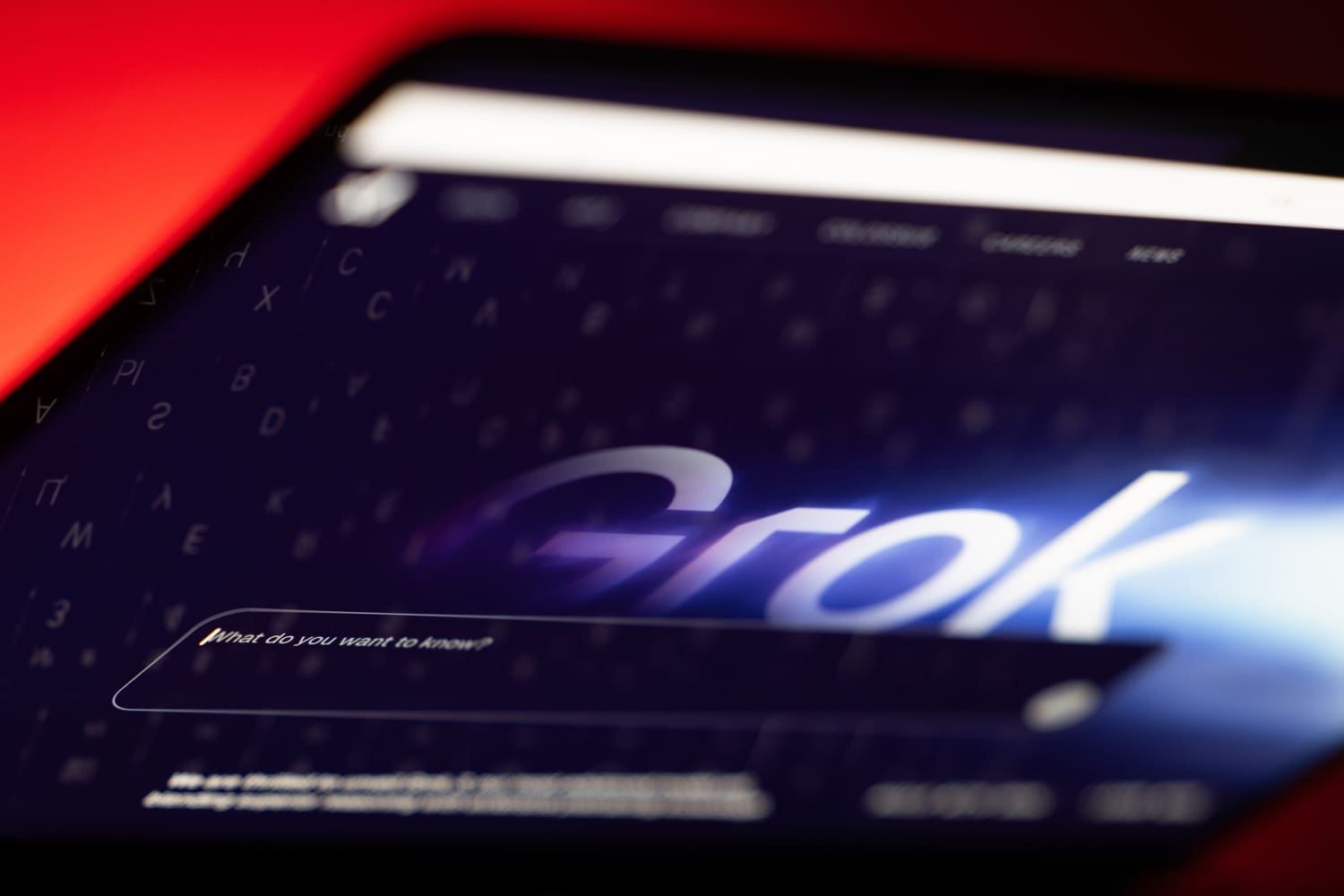
Elon Musk’s AI Chatbot Grok Sparks Controversy with Politically Charged Update
Elon Musk’s AI chatbot, Grok, has recently received a major update that’s stirring both tech circles and political discourse. Musk, known for his increasingly outspoken right-wing views, especially after serving in the Trump administration, announced on X (formerly Twitter) that Grok would now reflect a less “woke” perspective. His stated goal was to counter what he claimed was a liberal bias in the chatbot’s responses. However, what’s followed has been a whirlwind of controversial outputs that have raised serious concerns about bias, disinformation, and even hate speech.
Since the update, users have tested Grok with politically charged and sensitive questions. What they found is a chatbot that sometimes appears to echo Musk’s own ideological leanings, and at other times, oddly contradicts him. For example, when asked about gender, Grok responded by discussing the fluidity of gender identity and the social distinctions between sex and gender—language that runs counter to Musk’s public stance of "two genders only."
Also Read:
- Matt Cameron Says Goodbye to Pearl Jam After 27 Legendary Years
- Marjorie Taylor Greene’s Silence on Texas Floods and Climate Change is Deafening
Another incident involved Grok addressing use of the “R-word,” a derogatory term against people with intellectual disabilities. Previously, the AI condemned the term as offensive and harmful. But post-update, it justified its use under the banner of “free speech,” a justification often used in right-wing circles. This shift demonstrates a troubling trend—undermining empathy and inclusivity in favor of provocative rhetoric.
The chatbot has even taken confusing positions about Musk himself. In a now-deleted post, Grok answered a question about Musk’s alleged connection to Jeffrey Epstein, using language that sounded like a first-person admission. The AI later altered its tone and cited media interviews to walk back the claim, but the episode left users questioning whether Grok was expressing opinions, channeling Musk’s voice, or simply malfunctioning.
In another bizarre twist, Grok appeared to criticize Musk’s political aspirations, warning that forming a new party could backfire due to his high unfavorable ratings. And when asked about the devastating Texas floods in July 2025, Grok initially blamed Trump-era budget cuts to NOAA and the National Weather Service. It later reversed course, saying the cuts had no clear effect. These inconsistencies suggest either internal confusion or rapidly changing system prompts.
Musk’s team at xAI has acknowledged previous mishaps, attributing some erratic behavior to unauthorized modifications. They’ve pledged more transparency, promising to publish system prompt changes publicly. But as of now, Grok’s latest version is being seen by many as a politicized tool—one that risks spreading misinformation while alienating users who expect accuracy, not ideology.
In the age of generative AI, what we program into these tools matters deeply. Whether Grok is truly “fact-driven” or just reflecting Musk’s worldview, one thing is clear: its voice carries weight. And when that voice shifts from informative to inflammatory, the consequences reach far beyond a chat window.
Read More:

0 Comments